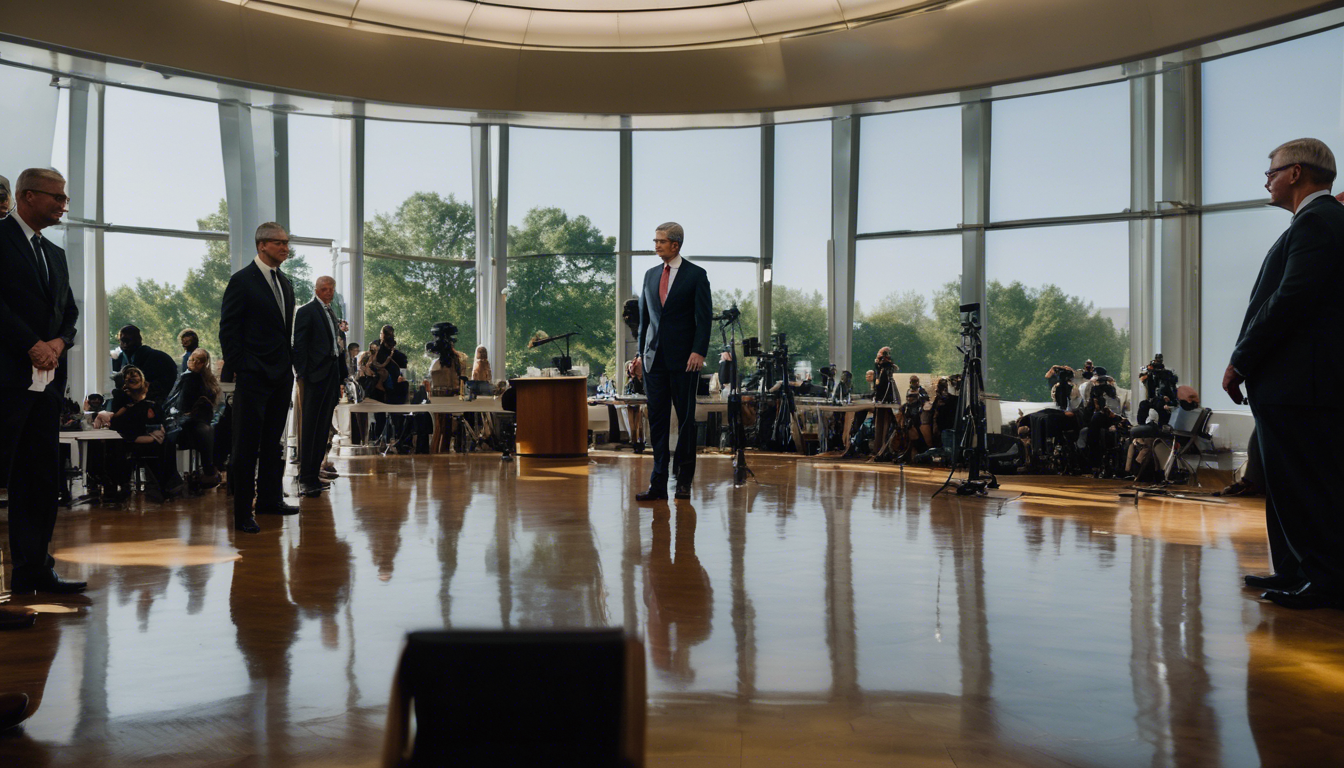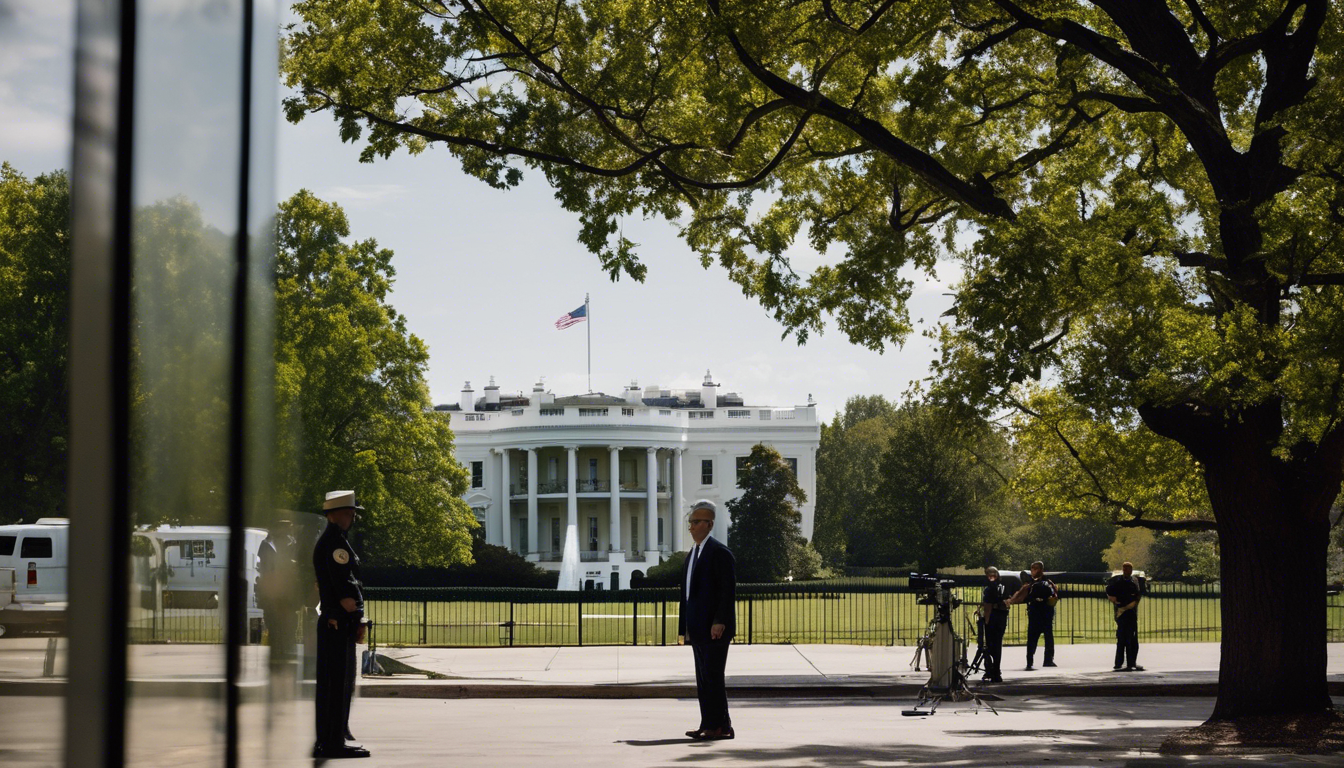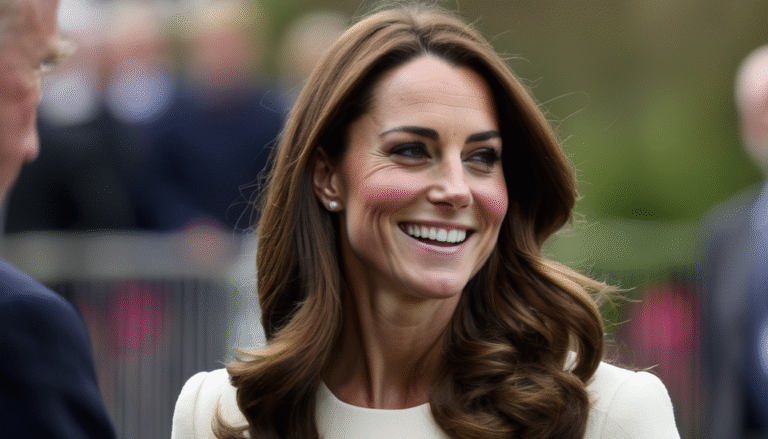
Tim Cook, Apple’s CEO, is set to join President Donald Trump and other prominent tech leaders at a White House event focused on artificial intelligence this Thursday. The gathering will bring together top executives to discuss the future and implications of AI technology.
Background
The event represents a significant intersection of technology and politics, showcasing how tech leaders are increasingly becoming key advisors to world leaders on critical issues. Previous engagements between Cook and Trump have focused on economic and technological development, with a particular emphasis on job creation in the United States.
The White House has been actively working on AI policy, reflecting a broader global effort to understand and harness the potential of this transformative technology. The administration has already launched initiatives aimed at fostering a robust AI ecosystem, emphasizing innovation and safety.
In recent years, the relationship between Apple and the White House has grown closer, with several meetings between Cook and Trump. These discussions have often centered around opportunities for domestic manufacturing and technological advancement, aligning with both parties’ goals.
Key Developments

The event on Thursday will see a host of tech giants gather at the White House, including Mark Zuckerberg from Meta, Bill Gates from Microsoft, and Sam Altman from OpenAI. Notably, Elon Musk, who is also a tech leader, will be absent from the proceedings.
- Discussions will likely cover the role of AI in economy.
- Focus on ethical considerations and policies surrounding AI.
- Strategic partnerships between tech companies and the government.
- Investment in AI research and development.
Following the meeting, most attendees are expected to stay for a dinner hosted by First Lady Melania Trump, further highlighting the importance and high-level nature of the event.
Industry/Market Context
The AI industry is rapidly evolving, with significant investments from both corporations and governments. Companies like Apple are at the forefront of AI research, developing technologies that could transform various sectors, including healthcare, education, and transportation. The White House event underscores the growing acknowledgment of AI’s influence on global markets and geopolitics.
With the tech industry’s continued growth, there is increased pressure to establish regulatory frameworks that balance innovation with public interest. The gathering at the White House is an opportunity for policymakers and industry leaders to collaborate on creating guidelines that promote responsible AI use.
The tech giants’ attendance also reflects their desire to shape AI policies in line with their strategic interests. As global leaders in technology, these companies play a crucial role in defining the future of AI, influencing both market conditions and public perception.
Implications & Risks
The involvement of tech executives in AI policy discussions raises important implications for innovation and competition. By closely aligning with government officials, these companies can influence the direction of AI research and investment, potentially giving them a competitive advantage.
However, there are also risks associated with the concentration of power in the hands of a few tech leaders. Critics argue that this could lead to a lack of diversity in AI development, perpetuating existing biases and inequalities. The event also highlights the need for transparency and accountability in the industry, ensuring that AI benefits society as a whole.
The absence of Elon Musk from the event could also be significant, as he is known for his vocal stance on AI regulations. His absence may affect the debate on aggressive safety measures and ethical concerns surrounding AI development.
What’s Next

Following the White House event, expect to see increased attention on AI policy initiatives at both the federal and state levels. The tech industry will likely continue to push for favorable regulations that support innovation while addressing public concerns. Policymakers will need to navigate the complex interplay between technological advancement and social responsibility.
Future collaborations between tech leaders and government officials could lead to more comprehensive AI strategies, potentially including funding for research, ethical guidelines, and workforce training. These efforts aim to prepare the country for the demands of a technology-driven future, ensuring that both the public and private sectors are well-equipped to harness the potential of AI.
As the event unfolds, it will be interesting to observe the specific topics addressed and the outcomes of the discussions. The interactions among top tech leaders and government officials could set important precedents for AI policy in the coming years.
Overall, the White House AI event serves as a pivotal moment in the relationship between technology and government, reflecting the increasing importance of AI in shaping future policies and practices.





